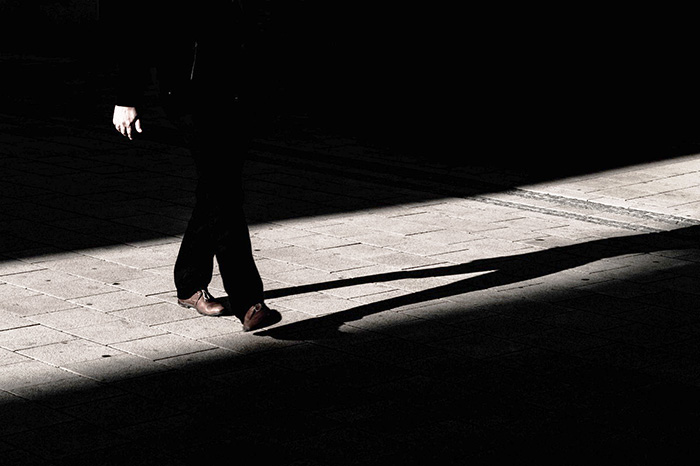Even though it’s called that way, night blindness does not really leave you unable to see anything at nighttime. Rather, it’s something that causes you difficulty in seeing at night or in situations where not enough light is available.
Also known as “nyctalopia”, night blindness is not really a disease, but merely a symptom of an underlying eye problem or a medical condition that can affect the eyes. Many different treatments are available for night blindness, from the use of new prescription glasses to surgery.
Below you will find some of the most important pieces of information about night blindness.
Causes
Night blindness strikes when a problem with the retina happens, in particular the kind that involves the special cells that allow your eyes to see in dim lighting, such as during nighttime.
Cataracts are a common cause of night blindness, which is characterized by the lens of the eyes becoming cloudy or opaque. Since the elderly are more prone to having cataracts, it can be said that older people are at higher risk of having night blindness than younger ones.
Myopia, or more commonly known as nearsightedness, is another cause of night blindness. This eye problem causes you to see near objects sharp, while perceive distant ones blurry.
Being deficient in vitamin A may also cause night blindness. The same is true with various other issues concerning the eyes, such as retinitis pigmentosa (the accumulation of dark-colored pigments in the retina, causing the so-called “tunnel vision”) and keratoconus (an increasing change in the shape of the cornea of the eye).
If you have diabetes, you may also be at risk of having night blindness in the future. That’s because high sugar and high blood pressure can cause damage to the retina.
Symptoms
The solitary symptom associated with night blindness is difficulty seeing at night or whenever there is insufficient lighting available. Night blindness can be observed more when going from an environment with low light to a brighter area.
Driving at night can make it clear that you have night blindness — your inability to see properly in dimly-lit conditions becomes more apparent due to the intermittent brightness of streetlights and headlights.
Treatment
In order to have night blindness diagnosed, a doctor will have to take your medical history as well as perform several different eye tests. Night blindness is treated in varying ways, depending on what’s causing it.
For instance, the use of prescription glasses is recommended if your night blindness is caused by nearsightedness. If cataracts are the culprit, surgery may be warranted, which entails removing the cloudy or opaque lens of the eyes and replacing it with a clear one that’s artificial in nature.
If vitamin A deficiency is the cause, proper eating habits and supplementation are the treatments for night blindness. For a person with diabetes, having the disease managed can help control night blindness.
There are instances wherein night blindness is considered as something that’s not treatable. Such is the fact if having night blindness is the result of retinitis pigmentosa, which is genetic in nature.
Prevention
Certainly, there is nothing that you can do about night blindness that is passed to you by your parents. The good news is night blindness that can stem from other causes can be prevented.
For instance, the inclusion of foods rich in vitamin A to your everyday diet can help keep your retina in tip-top shape, thus lowering your risk of having night blindness. Some wonderful examples of vitamin A-rich foods are carrots, pumpkins, sweet potatoes, cantaloupes, mangoes, spinach, collard greens, whole milk and eggs.
If you have diabetes, it is of utmost importance for you to have the disease managed effectively because one of the many complications of it is night blindness.
Sources: crowdofindo.blogspot.com








